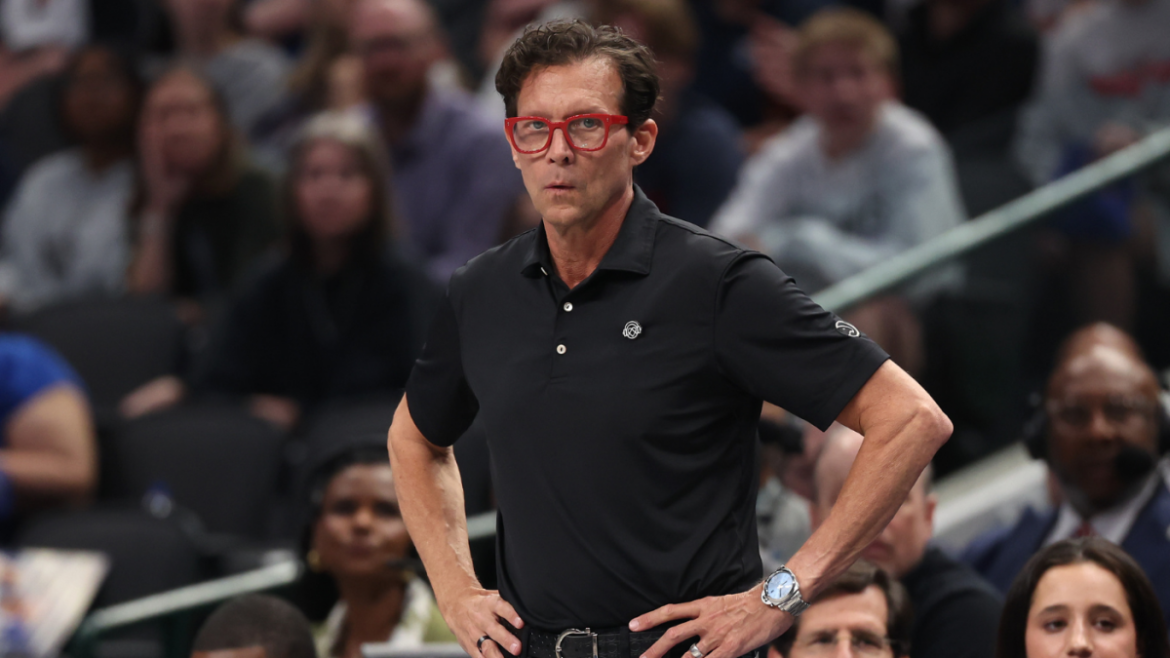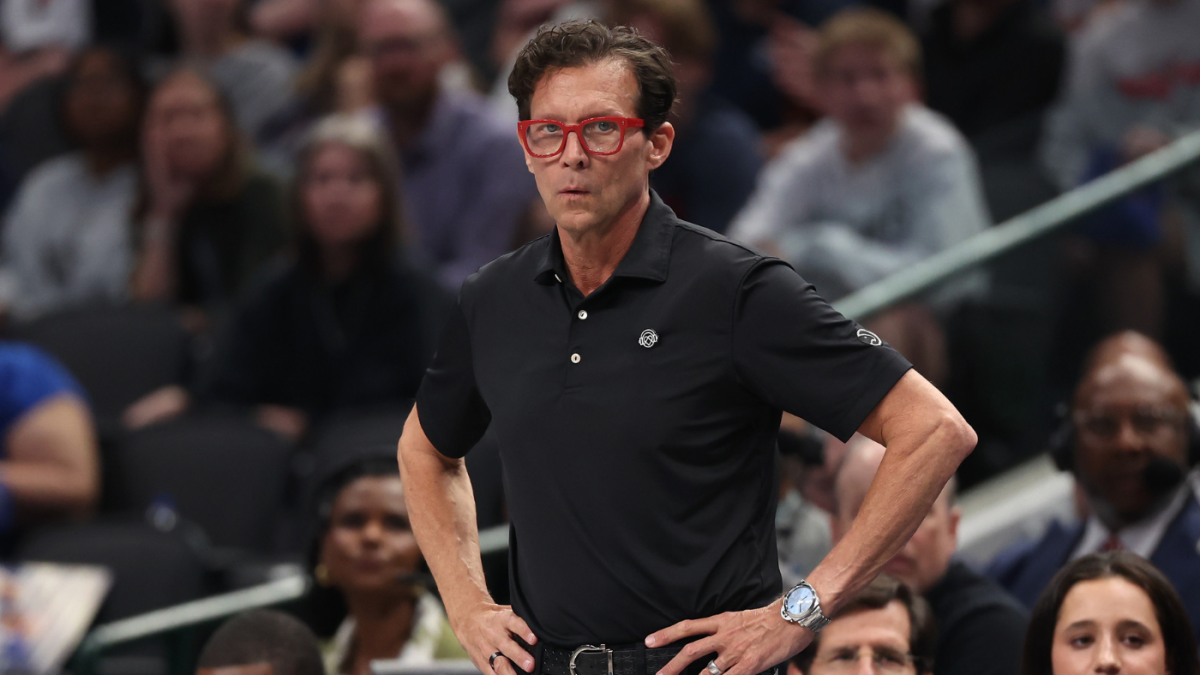Unpacking the New York Knicks’ Head Coaching Search: Challenges and Denials
The New York Knicks’ quest to replace former head coach Tom Thibodeau has hit significant roadblocks, as multiple NBA teams have denied the Knicks permission to interview their current coaches. This development complicates the Knicks’ pursuit of a suitable leadership figure and calls for a deeper examination of the factors shaping this fraught coaching search.
—
Background: The Coaching Vacancy and Knicks’ Intentions
Following the firing of Tom Thibodeau, the Knicks have been actively exploring the market to find a new head coach to lead the team. Several names have emerged as potential candidates, including notable active coaches already under contract with other NBA teams:
– Jason Kidd (Dallas Mavericks)
– Quin Snyder (Atlanta Hawks)
– Ime Udoka (Houston Rockets)
– Chris Finch (Minnesota Timberwolves)
The Knicks have reportedly expressed strong interest in these coaches and submitted formal requests to their respective organizations for interviews. Notably, Jason Kidd has drawn attention due to his past role in developing Knicks star Jalen Brunson, suggesting a potential strategic fit.
—
The Pattern of Denials: A Blocking Strategy by NBA Teams
Despite the Knicks’ persistent efforts, all these requests have been denied, many “firmly,” halting New York’s ability to conduct face-to-face interviews with these prime candidates. Key developments include:
– The Dallas Mavericks categorically declined the Knicks’ request to speak with Jason Kidd, highlighting the value Kidd holds for the team’s continuity.
– The Atlanta Hawks also outright refused permission for the Knicks to interview head coach Quin Snyder, communicating a clear intention to keep their coaching staff intact.
– Similar denials came from the Houston Rockets (Ime Udoka) and Minnesota Timberwolves (Chris Finch), underscoring a common stance among teams reluctant to lose their coaches mid-contract.
The denial of interviews is an unusual but not unprecedented move. It reflects teams’ desires to protect their coaching assets given the constraints of contractual obligations and the competitive balance in the league.
—
Impact on the Knicks’ Search: Strategic and Logistical Challenges
Limited Candidate Pool
The refusals limit the Knicks’ ability to evaluate and secure coaching talent with proven NBA head coaching experience. As the available talent pool shrinks, the Knicks may have to pivot their approach by:
– Considering assistant coaches who have yet to lead a team as head coach.
– Exploring coaching options outside of the NBA head coach market, including college programs, international leagues, or retired coaches.
– Looking internally, possibly promoting from within their current staff.
Timing and Team Building Implications
The delay in securing a head coach has implications on:
– Offseason planning: The coaching position is pivotal to shaping roster decisions, training camp approaches, and player development strategies.
– Player morale: The uncertainty around leadership could affect team stability and chemistry.
– Public perception: Fans and media in New York are closely watching the franchise’s moves, increasing scrutiny on how effectively the front office navigates these challenges.
—
Contractual Realities and NBA Norms
NBA rules require teams requesting to interview a coach under contract to obtain permission from the coach’s current team. Teams may deny such interviews except in certain circumstances or offer counteroffers to retain coaches. This protocol intends to maintain operational stability.
In this case, the Knicks’ inability to secure interviews stems from:
– Coaches holding multi-year agreements with their teams.
– Parent organizations valuing continuity in coaching staff for competitive reasons.
– The strategic calculus of teams unwilling to lose top-tier coaching talent to a divisional or conference rival.
—
Alternative Routes and Possible Moves
Given the rejections, potential pathways for the Knicks include:
Trade Talks
There have been rumors, albeit speculative, about the Knicks considering trades to acquire coaching talent such as Jason Kidd. While rare and complex, it signals how desperate the Knicks might be to land their preferred candidate if an interview isn’t possible.
Expanding the Candidate Pool
New York’s brass may increasingly focus on names who:
– Are assistant coaches with strong reputations.
– Have recent head coaching experience elsewhere, possibly out of the league or internationally.
– Have a clear vision aligning with the Knicks’ reconstructed roster and front-office philosophy.
Waiting for Offseason Changes
The coaching carousel often turns as contracts expire or as other teams’ performance dictates coaching changes. The Knicks might monitor these shifts and position themselves to jump on new opportunities later in the offseason.
—
Conclusion: A Crucial Crossroads for the Knicks
The New York Knicks’ head coaching search exemplifies the complexities of NBA team-building in a league where talent—be it player or coach—is jealously protected under contract. The multiple denials to interview established coaches like Jason Kidd and Quin Snyder underline the difficulty of securing proven leadership when market dynamics work against transparency and flexibility.
Moving forward, the Knicks face critical decisions: to expand their search beyond top-tier active coaches, to explore less conventional options, or to negotiate trades or waits in hopes of future openings. Each path carries its own potential rewards and risks, but the urgency is undeniable.
The coach who eventually takes the helm will have a significant role in defining the Knicks’ trajectory over the next chapter of one of the NBA’s most scrutinized franchises. How New York overcomes these setbacks will reveal much about its organizational resilience and strategic adaptability.





